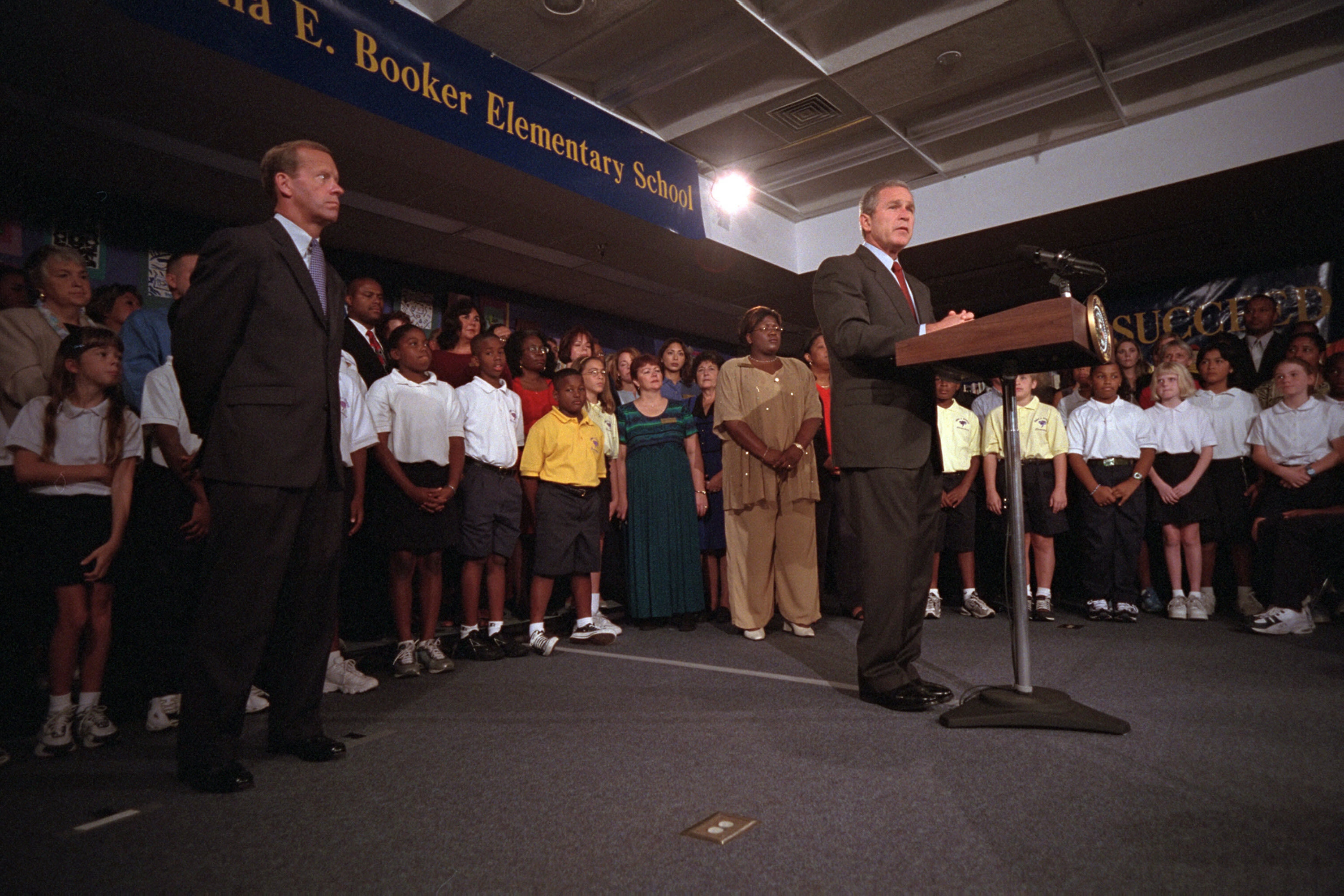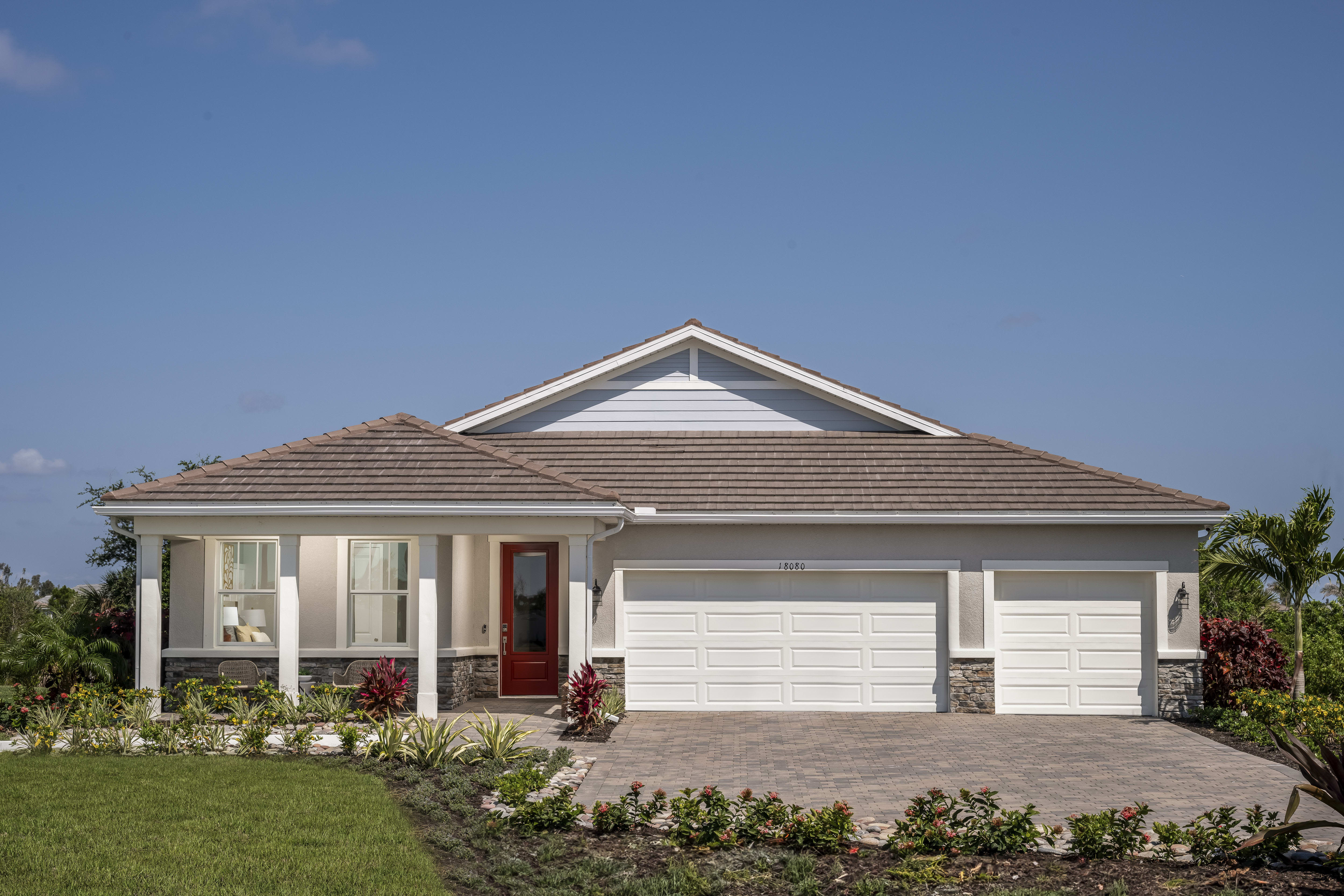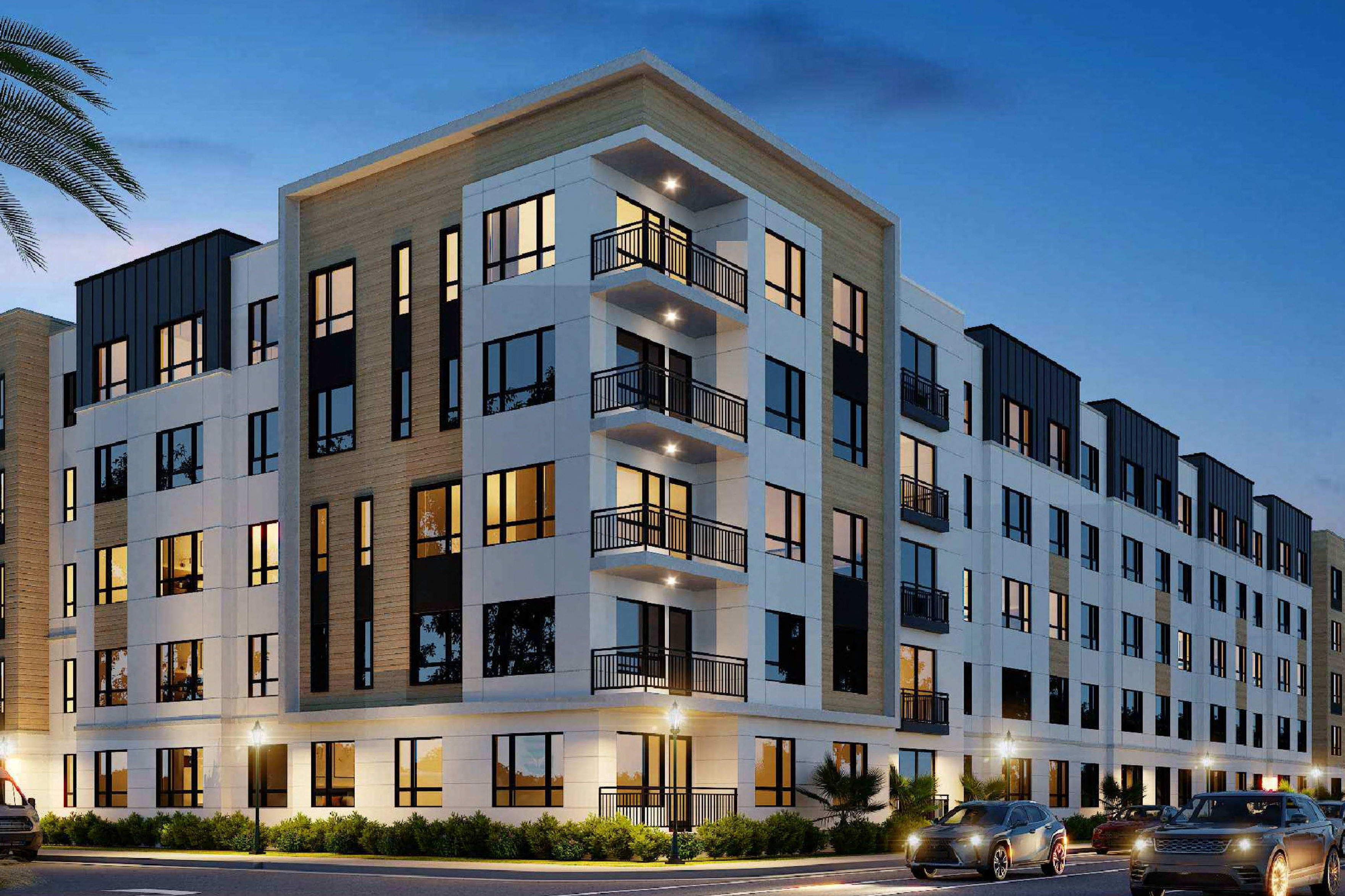New Realtor Association President Debi Reynolds Shares Her Insights on the Local Market
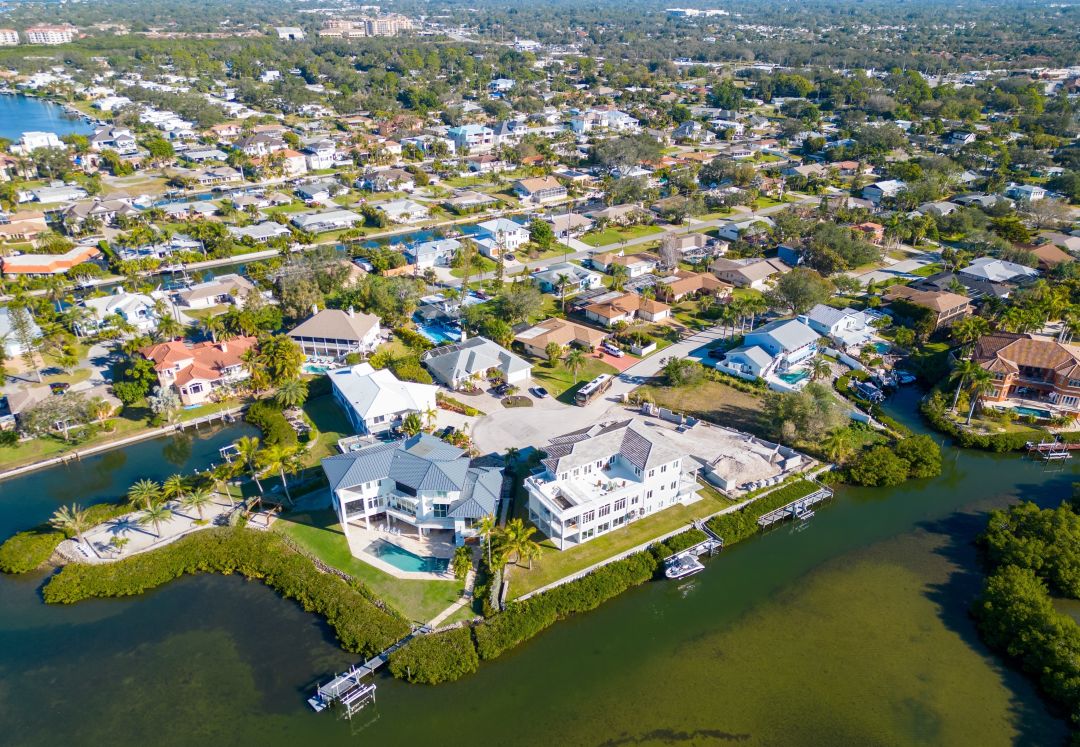
Debi Reynolds—who turns 61 on Christmas Day—describes herself as a "farm girl from Indiana," raised in a small town just north of Indianapolis. Growing up there, she says, instilled her deep-seated values about community and volunteerism. Her family was heavily involved in 4-H, an organization for youth development, which she credits for teaching her leadership skills at an early age.
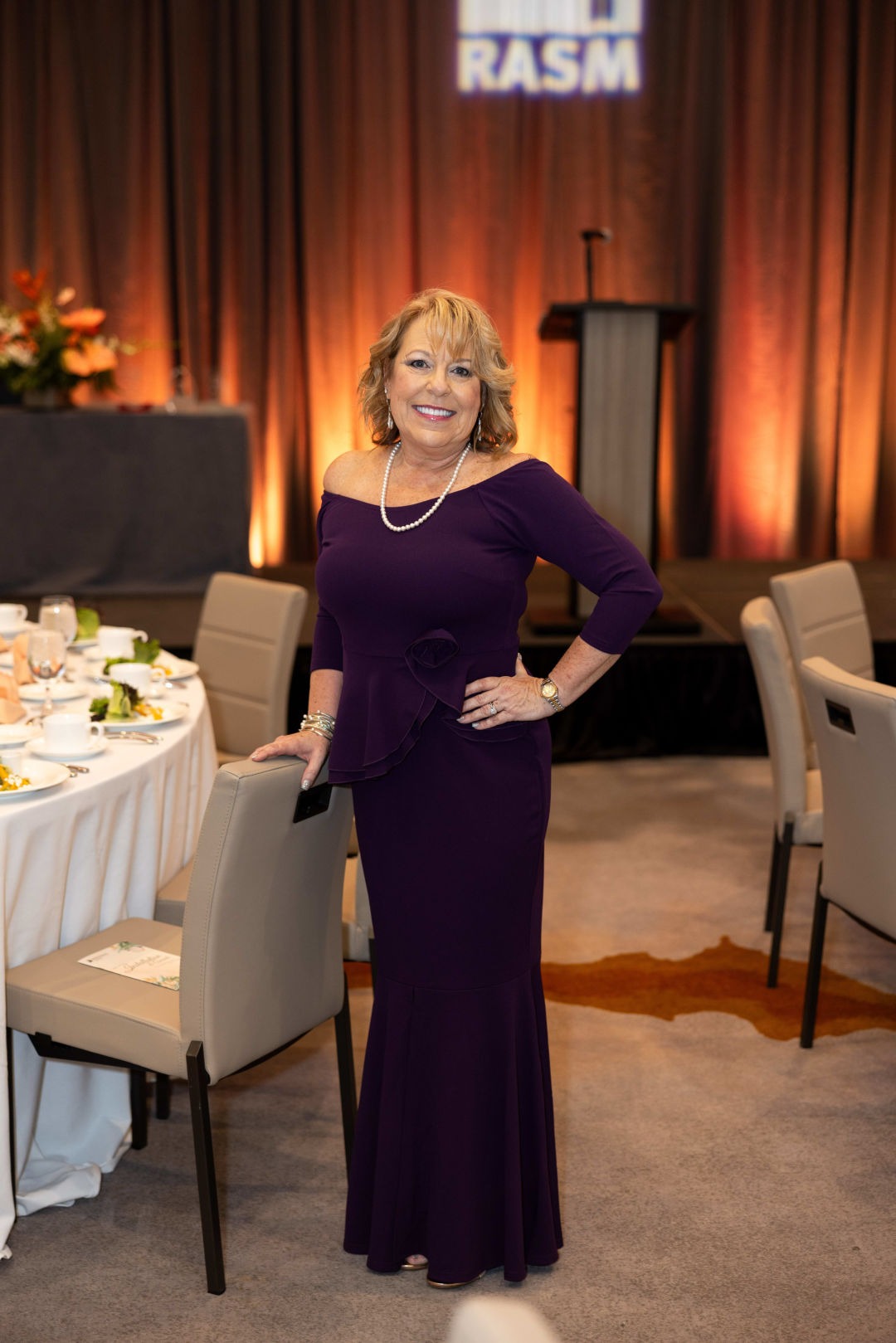
Image: Courtesy Photo
"My parents were big on volunteering. My dad started a volunteer fire department, and my mom was the president of the PTA," Reynolds says. "Volunteering was just part of our DNA."
By the age of 13, she was a junior leader in 4-H and learned how to run meetings using Robert’s Rules of Order. "I knew how to keep decorum by the time I was 10," she says.
Earlier this month, she was installed as the 2025 president of the Realtor Association of Sarasota and Manatee (RASM), replacing outgoing president Tony Barrett.
Reynolds’ professional journey began in banking, where she worked in mortgage lending during the 1980s. "My first mortgage was 12 percent, and I thought I got a great deal," she recalls, noting how interest rates back then were often as high as 18 percent. Later, she transitioned into sales for products tied to alternatives to incarceration. After 9/11, she shifted her focus to a more localized business model before selling her company in 2012.
Reynolds retired in 2014, but quickly realized that retirement wasn’t fulfilling. Drawing on her background in banking and her observations on the real estate industry, she got her real estate license in 2015.
"I thought, ‘I can do this,’ and here I am," she says.
We talked with Reynolds about what today’s buyers want, the current real estate cooldown amid the catastrophic 2024 hurricane season, and more. This interview has been edited for length and clarity.
What's causing the current cooldown in the local residential real estate market?
Reynolds points to several factors, including inflation, high interest rates and changes in condominium regulations following the Surfside collapse, that have contributed to condo higher condo inventory that put the buyer in the driver's seat. "Higher HOA fees and insurance costs have made it more expensive than ever to own a condo," she says.
Reynolds has also seen a psychological shift in buyers. "People have been in a holding pattern, waiting for interest rates to drop or for the election to pass," she says. "Sellers, too, sometimes have unrealistic expectations about their home's value, which can lead to frustration."
"Many people got caught up in the post-pandemic frenzy that saw homes selling in a matter of hours for higher prices than ever," she says. "[Up until recently], sellers expected their homes to be valued higher than they are. They became somewhat tunnel-visioned. As a result, many missed that opportunity window and tried to play catch-up."
In Sarasota County, November data shows single-family homes are taking a median time to contract of 53 days. In Manatee County, it's 45 days—both sizable increases compared to previous years. But, says, Reynolds, "the reality is, sixty days [for a home to be] on the market isn’t a long time, but if a home sits for two weeks, some sellers start to panic.
"As realtors, it’s our job to align their expectations with reality. I think once we get into January—when life is less hectic—people will begin to settle into the new norm," she continues. "Our focus is going to shift toward helping first-time homebuyers." In regard to mortgage rates, she says, "the idea is that you’re marrying the house but dating the rate. If interest rates go down, you can refinance. However, rates can move either way, and many people will be better served to buy now and to refinance later."
How do you think the 2024 hurricane season will impact the 2025 market?
Although Sarasota and Manatee counties have historically been more affordable than other beachside destinations, Reynolds acknowledges that's becoming increasingly relative. "We’ve still got the same sand and hospitality, but we’re also dealing with recovery from hurricanes, which complicates the picture," she says.
Reynolds predicts a strong comeback once recovery efforts are complete, but notes that the effects from this year's storms may shift some demographics.
"Older structures might not fare as well, but we’ll see bigger, more modern homes going up as [older homes] are demolished by owners who can't rebuild," she says. "Until we see the results of recovery, it’s difficult to truly measure where we stand. So much of the coastline is devastated. This year’s vacation season will be impacted because many rentals on the barrier islands are still rebuilding. I don’t think the effects will last forever, though. Things will bounce back.
"We’ll still see snowbirds interested in buying properties, but it’s unclear how deeply real estate will be affected," she says. "That said, look at the traffic. People are still here. This is a destination, and the full impact of the hurricanes is yet to be seen. We kind of knew this would happen eventually. We’ve dodged so many storms over the years, but facing three in quick succession has taken a toll. Still, I believe there’s going to be a strong comeback."
How about housing demand and trends for 2025?
Despite affordability challenges, demand for housing in Sarasota and Manatee counties remains strong, with snowbirds and other buyers still drawn to the region. She also doesn't think the continued influx of new development and units hitting the market will drive prices down.
Reynolds highlights a need for housing across all income levels, emphasizing the importance of including areas east of I-75 in buyers’ searches. "You can get newer properties with more space out there," she says.
Trends among buyers include a continued preference for open-concept living, complemented by quiet spaces like dens or lanais. "People want high ceilings, three-car garages and outdoor kitchens. Pools are hit or miss, but having an extra ‘what if’ space—like a home gym or reading nook—is always a plus," she says.
What's the best advice for sellers shopping in an increasingly competitive landscape?
For sellers, Reynolds stresses the importance of setting realistic expectations and properly preparing their homes for the market. "Price it right from the start, and your home will sell quicker," she says. "If you keep lowering your price, frustration tends to set in. Pricing it right from the start can save you from disappointment. It’s also important to present your home at its best—it’ll sell faster that way."
For example, she suggests, if your home needs a new roof, the seller can offer a concession and let the buyer choose a replacement. If you have to paint, stick with neutral colors and do it well—you’ll see a return on that investment.
"Decluttering is also key," Reynolds says. "To showcase your home at its best, aim for a minimalist approach. And don't forget your landscaping—curb appeal matters."
Getting a pre-listing inspection is also a smart move, even if the home is new. It prevents surprises later when buyers conduct their own inspections. "Being proactive reduces stress because you’ll already know about potential issues," Reynolds. "From there, you can either address the repairs or adjust the price accordingly."
What do you expect to see in 2025?
"I tend to focus on optimism and forward momentum rather than dwelling on the past," Reynolds says. "We need to stay adaptable. I believe prices will remain stable—no major reductions or increases. I don’t anticipate a decline, but I do expect inventory to grow. Having inventory is a good thing. Even though we've had it rough this year, I think economically we'll still be solid. If you go to a restaurant on a Friday night, without a reservation, you'll still have to wait."
